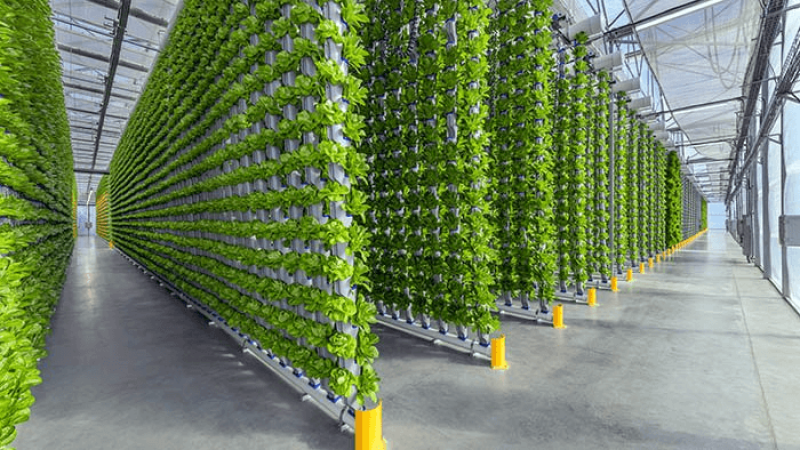This discovery could make indoor farming considerably more viable and sustainable for low and middle-income countries. The results could change the underlying economics for indoor farming globally, where energy needs today, primarily driven by the requirement for LED grow lights, can typically contribute 20%-40% of total costs.
To enable this new approach, Square Roots is working with gene-edited (CRISPR) plants that grow heterotrophically. More specifically, they can add biomass by uptaking carbon from acetate (a vinegar-like substance added to irrigation water) rather than relying on photosynthesis under LED lights. Effectively, these plants can grow “in the dark” on a vertical farm.
…
Initial growing trials are focused on lettuces and so-called SPACE Tomatoes — which have been additionally edited to grow more fruit and less vine. In future phases, the company hopes to tackle higher-calorie crops such as sweet potatoes and cassava — staple crops in many low and middle-income countries.































